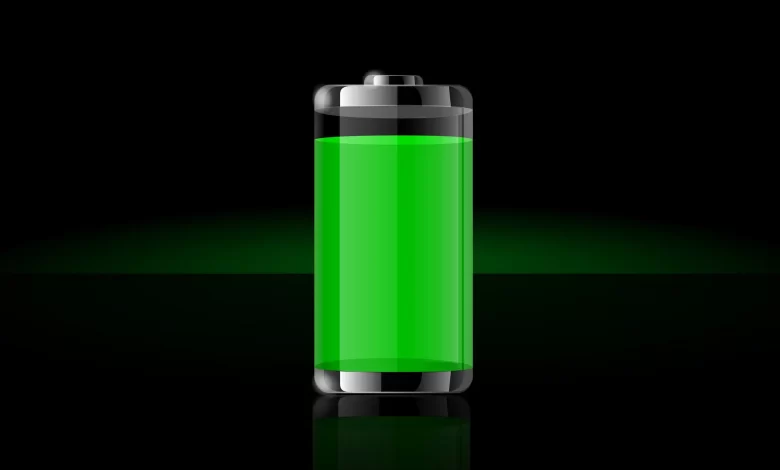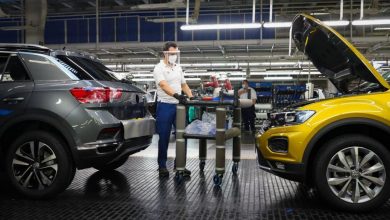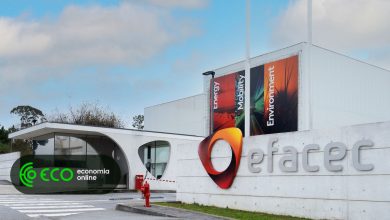
A Cheap New Battery Has 4x the Capacity of Lithium-ion
Scientists at the University of Sydney have developed a next-generation sodium-sulfur battery which they claim provides four times the energy capacity of lithium-ion batteries. The new battery is eco-friendly and significantly cheaper to produce, and it has the potential to dramatically reduce energy storage costs.
The science and other stuff to know
Sodium-sulphur (Na-S) batteries have fallen out of favor over the years due to their low energy capacity and short life cycles. However, a team of researchers from the University of Sydney is working on a technology to revive them as low-cost, eco-friendly energy storage alternatives with four times the capacity of lithium-ion batteries.
According to a research paper published in Advanced Materials, the new sodium-sulfur (Na-S) battery boosts “super-high capacity and ultra-long life.” To achieve these feats, the research team implemented a pyrolysis process and carbon-based electrodes to improve the reactivity of sulfur and the reversibility of reactions between sodium and sulfur.
The key ingredient in the new Na-S battery is “a type of molten salt that can be processed from sea water,” which is much less costly to produce and less toxic than the lithium-ion alternative.
So what?
The new battery could have a wide range of applications. For instance, it can provide high-performance solutions for large renewable energy storage systems, such as electrical grids, while significantly reducing operational costs.
“Our sodium battery has the potential to dramatically reduce costs while providing four times as much storage capacity,” lead researcher Shenlong Zhao said in a statement. “This is a significant breakthrough for renewable energy development. It has the potential to guarantee greater energy security more broadly.”
The new sodium-sulfur batteries are also environmentally friendly, driving the clean energy mission forward at a low cost.
“We hope that by providing a technology that reduces costs we can sooner reach a clean energy horizon,” Zhao added. “It probably goes without saying but the faster we can decarbonize — the better chances we have of capping warming.”
What’s next?
According to Zhao and his team, the lab-scale Na-S batteries have already been successfully fabricated and tested. Their future plans are to improve and commercialize the cells.
Fonte: Science and Stuff





